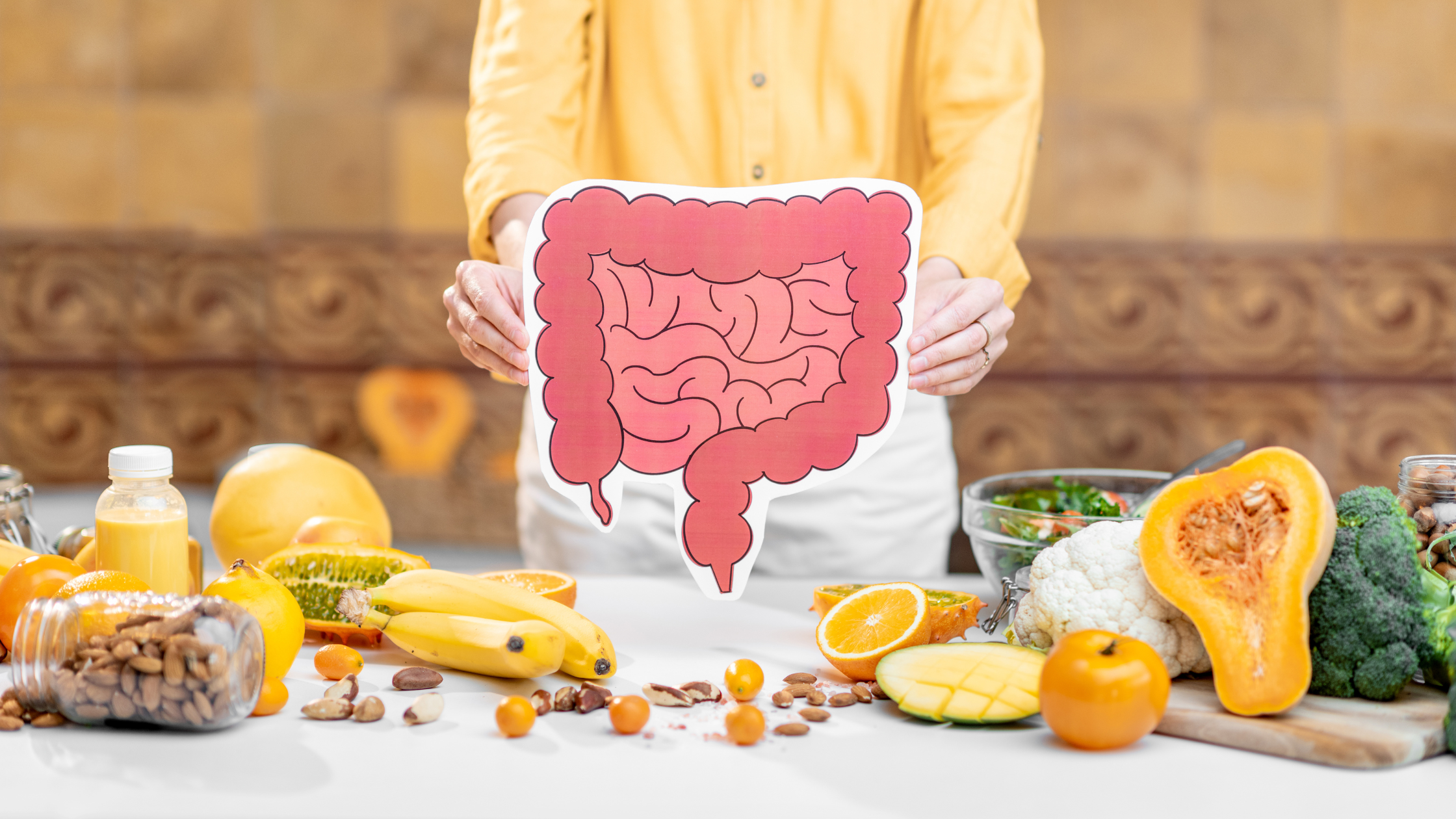How Bowel Movement Frequency Affects Your Health
Written by TYE Medical on Jul 30th 2024
A new study suggests that having a bowel movement once or twice a day could positively impact your health and reduce your risk of chronic disease. Scientists have discovered a link between gut health and bowel movement frequency. Going once or twice per day seemed to indicate an optimal gut bacteria balance.
When it comes to your health, how often you go “number two” probably isn’t at the top of your concern list. But it could play an important role in your gut health. The presence of “good” or healthy bacteria in your gut biome has become a type of bellwether for good health, as it is believed to ward off common, chronic diseases.
So how exactly does bowel movement frequency affect your health, and what can you do to nourish a healthy gut?
The Gut Microbiome... What Is It?
Your “gut” is more precisely referred to as your digestive tract, a major feature being your small intestines. Trillions of bacteria and other microorganisms live in your digestive tract and are known as your “gut microbiome”.
Recent science says that a healthy gut microbiome contains just the right blend of “good” bacteria and low levels of “bad” bacteria and associated toxins. And this new study suggests that when this is the case, you will poop once or twice a day.
Research Determines the Optimal Bowel Movement Frequency

The study included 1,400 healthy adults separated into four categories:
- Constipated individuals having bowel movements once or twice per week
- People with low-normal bowel movements occurring three to six weekly
- People with high-normal bowel movements occurring once to three times daily
- People with diarrhea with four or more bowel movements daily
The most beneficial gut bacteria seemed to thrive in people who had a bowel movement once or twice daily, making it the optimal “goldilocks zone” cited in the study.
Those in the constipated category had higher levels of toxins the harmful bacteria produces. These toxins can cause organ damage, especially to the liver and kidneys. These individuals had markers in their blood associated with kidney damage. People with diarrhea had more markers for liver damage.
Constipation, especially, indicates elevated levels of harmful, toxin-producing bacteria known to cause organ damage. This means that your bowel movement frequency plays a key role in your overall health. Staying regular and going daily can prevent organ damage and chronic disease. The question is how do you accomplish this, especially if you’ve been battling constipation for years.
How to Effectively Manage your Bowel Movements

Your gut needs fiber and a plant-based diet to function well. This means a diet high in fruits and vegetables is imperative for a healthy gut. And a healthy gut keeps your bowel movements at optimal level. You also need to stay hydrated, take probiotics, and get adequate exercise if you want to keep your digestive system moving.
Why a plant-based diet? Beneficial gut bacteria feed off a variety of plant materials. If you want this good bacteria to grow and thrive, you need to eat the right kind of diet. Your gut bacteria eats what you eat. A diet of simple carbs and sugar will only feed the harmful bacteria and starve the good guys.
Eating a Plant-Based Diet
It’s not as scary as it sounds. And eating primarily plant-based foods doesn’t mean you’re a vegetarian. It’s plant-based, not plant-only. This means you can enjoy an occasional lean cut of meat or indulge in low-fat dairy. But a bulk of your diet would come from plant foods, preferably whole foods. Replace some of your meat with beans, lentils, tofu, or tempeh.
Hydration
Staying hydrated means that your body has enough water to perform its functions adequately. This includes digestion. Without enough water, stool isn’t properly softened as it moves through your digestive tract and then becomes dry and hard. It’s not as easily moved through your system and “clogs” your intestines. This is what we call constipation. Get at least 64 ounces of water or hydrating liquids daily. Drink more if you’re sweating or if your body seems to require more than this to run optimally. Regular exercise also helps to keep the contents of your digestive tract moving.
Take Probiotics
It’s a good idea to take probiotics as a supplement. You may not be able to eat enough of the right foods to grow and feed beneficial bacteria. Probiotic supplements contain this good bacteria and replaces what is lost. This can help restore balance to your gut as the good bacteria outgrows the bad.
Understanding the Study
A key takeaway from the research is that a bowel movement once or twice daily indicates a healthy gut, preventing organ damage, and possible chronic illness. This means that learning and applying strategies to regulate your bowel movements can help you be healthier. It’s a way to be proactive in your health. You can increase bowel movement frequency through a plant-based diet, staying hydrated, and taking probiotics.
But further study is needed to understand how bowel movement frequency might impact your gut biome more directly and the specific chronic diseases that may develop. It would be more informative to study larger groups that include both healthy and chronically ill people to compare and contrast the connection between bowel movement frequency and gut health.



